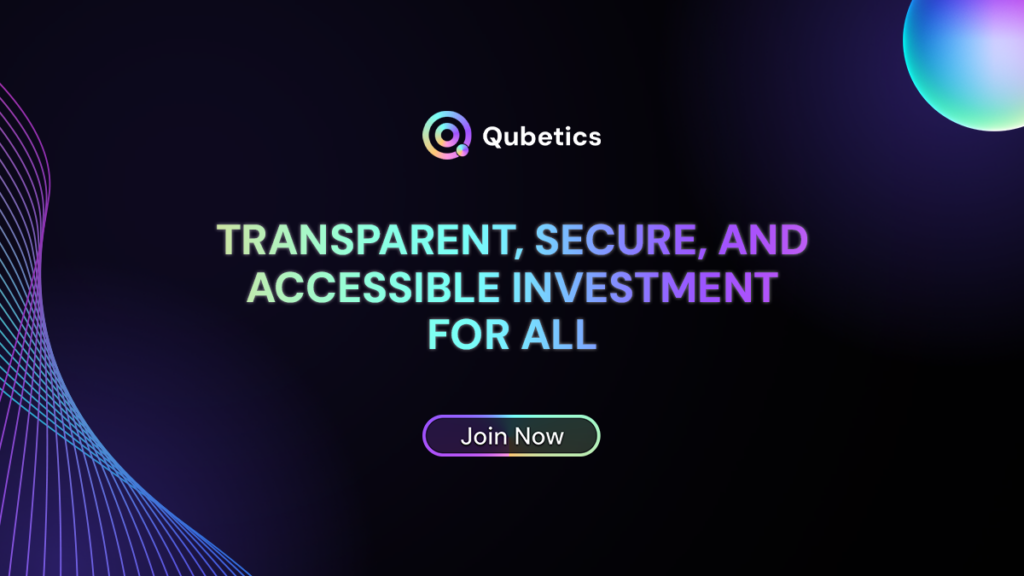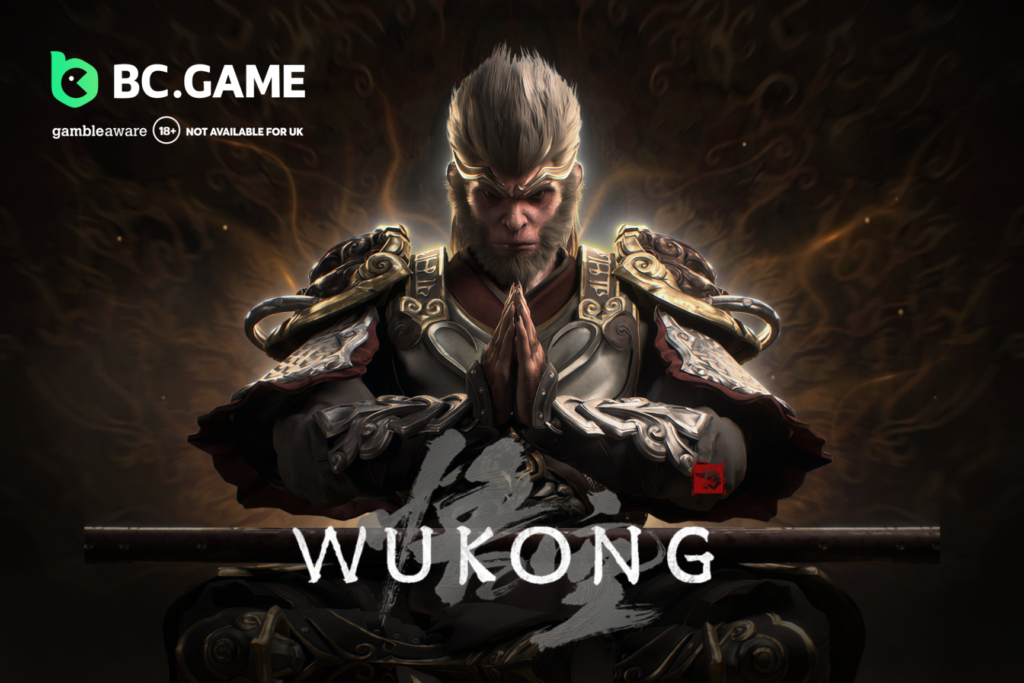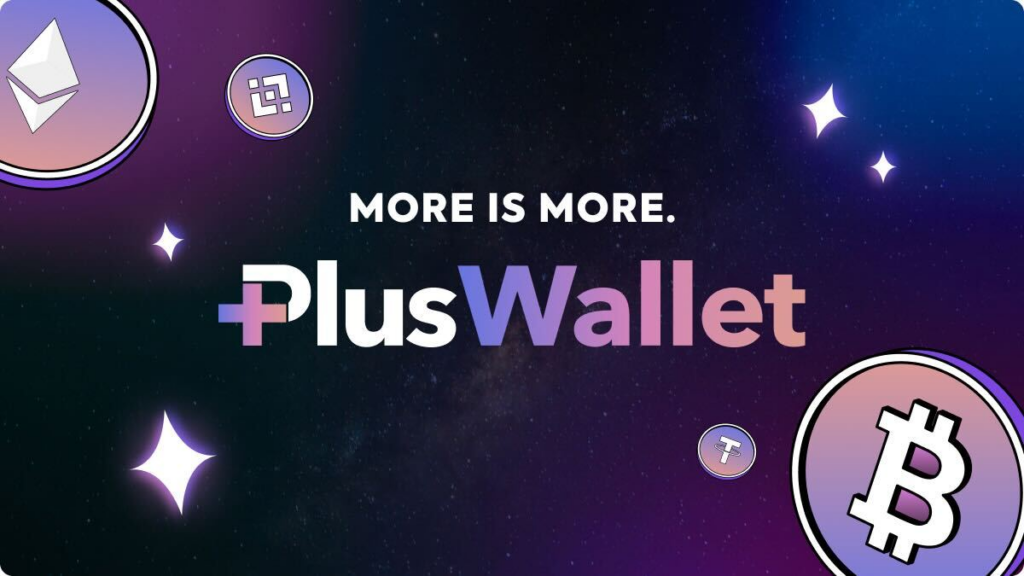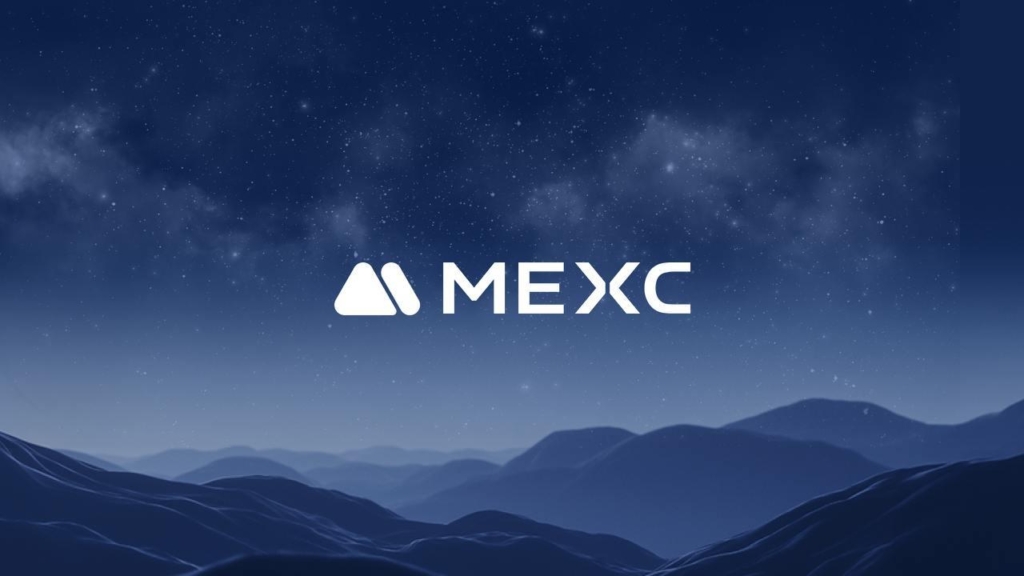In the fast-paced world of cryptocurrency, projects that can stand out with innovative solutions often capture the most attention—and the most significant investments. Qubetics, Terra, and Intel Market, are three names making changes to their potential to redefine the blockchain domain. Whether it’s Qubetics revolutionising how we interact with real-world assets through asset tokenisation, Terra rebuilding its decentralised stablecoin ecosystem, or Intel Market gaining traction with its presale and marketplace ambitions, these projects offer compelling opportunities for investors and enthusiasts alike. In this article, we’ll dive into what makes each project unique, its current status, and why these could play a major role in the future of crypto.
Qubetics: Pioneering Asset Tokenisation
Qubetics is emerging as a revolutionary force in blockchain technology, offering a versatile platform that combines security, scalability, and interoperability. A critical application of Qubetics is its focus on asset tokenisation, enabling the digitisation of real-world assets such as real estate, intellectual property, and commodities. By leveraging blockchain, Qubetics allows fractional ownership, making traditionally exclusive investments accessible to a broader audience. This democratisation of investment opportunities transforms investors’ participation in markets, allowing them to invest in high-value assets with lower capital requirements.
The Qubetics presale is in its fifth stage, with a token price of $0.015 per $TICS. Having raised over $1.35 million, Qubetics is attracting significant attention from investors. Crypto analysts predict that Qubetics could reach $0.25 by the end of the presale, with post-launch projections reaching between $5 and $10, offering potential returns of 1465% for early investors. As Qubetics continues expanding its ecosystem, it stands out as one of the most compelling projects in the crypto market.
Terra: Stability and Innovation in Decentralised Finance
Terra (LUNA) has long been a cornerstone in the decentralised finance (DeFi) space, mainly due to its stablecoin, UST. Terra’s innovative approach revolves around maintaining the stability of UST through an algorithmic mechanism that adjusts its supply based on market demand. This system ensures that UST remains pegged to the US dollar, providing a stable and reliable digital asset for users looking to participate in decentralised finance without exposure to extreme volatility. Terra’s unique architecture combines the benefits of decentralised finance with a stable and scalable platform, making it a key player in the DeFi ecosystem. Recently, Terra has been focusing on improving cross-chain interoperability by partnering with major blockchain networks to facilitate seamless asset transfers. This move is expected to strengthen Terra’s position in the market and increase its adoption among users and developers.
However, Terra’s recent price fluctuations have raised concerns among some investors, particularly after the collapse of UST’s dollar peg earlier in the year. While Terra has implemented changes to its algorithm and governance to prevent future issues, the network is still recovering its reputation. Despite these setbacks, Terra continues to innovate with new dApps, partnerships, and an expanding user base, making it a project to watch closely as it rebuilds momentum in the DeFi world.
Intel Market: Gaining Traction with a Successful Presale
Intel Market is a relatively new project in the crypto space, but it has quickly gained attention with its focus on creating a marketplace that allows users to buy, sell, and trade digital goods and services. This decentralised platform aims to bring transparency and efficiency to online transactions by leveraging blockchain technology to create trustless interactions between buyers and sellers.
Intel Market is currently in the presale stage, where its native token is priced at $0.03. The presale has already raised over $787,135, showcasing strong investor interest in the project’s potential. As more investors participate in the presale, Intel Market is positioning itself as a leading player in the decentralised marketplace sector. It has seen rapid growth in recent years due to increasing demand for online transactions and services.
Conclusion
Qubetics, Terra, and Intel Market each offer unique solutions within the cryptocurrency and blockchain space, catering to different market segments. Qubetics is taking initiatives in asset tokenisation, offering investors a secure and scalable platform for fractional high-value asset ownership. With its presale in full swing, Qubetics presents a high-growth opportunity for early investors. Despite its recent challenges, Terra is crucial in decentralised finance, particularly its stablecoin offering and focus on cross-chain interoperability. Though still in its presale stage, Intel Market shows excellent potential as it creates a decentralised marketplace for digital goods and services, removing intermediaries and fostering a more efficient e-commerce environment.
Each project offers exciting prospects for investors looking to diversify their portfolios, from Qubetics’ long-term asset tokenisation potential to Terra’s stability in DeFi and Intel Market’s disruptive marketplace platform. As the crypto market evolves, these projects could play significant roles in shaping the future of blockchain technology.
For More Information
Qubetics: https://qubetics.com
Telegram: https://t.me/qubetics
Twitter: https://x.com/qubetics
Disclaimer: Any information written in this press release does not constitute investment advice. Optimisus does not, and will not endorse any information about any company or individual on this page. Readers are encouraged to do their own research and base any actions on their own findings, not on any content written in this press release. Optimisus is and will not be responsible for any damage or loss caused directly or indirectly by the use of any content, product, or service mentioned in this press release.



